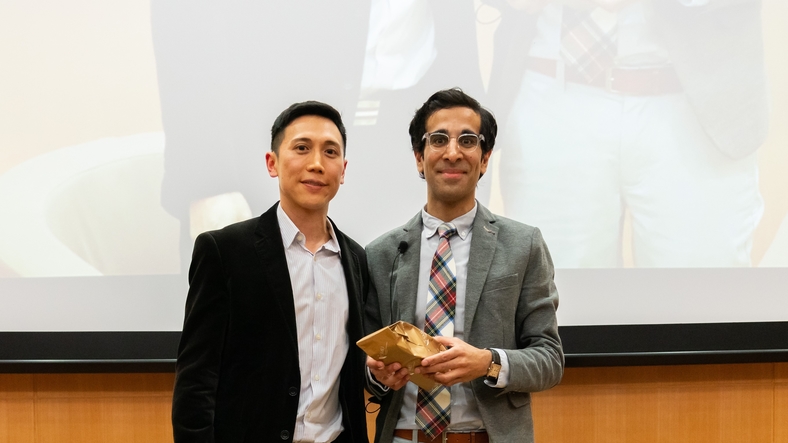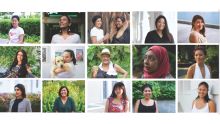
Private racism and economic injustice may work against a society’s ideals and values, but explicitly enlarging the scope of justice to address these private acts can make a world of difference, says Dartmouth College’s Associate Professor Sonu Bedi .
We usually think of justice as being under the purview of governments, typically expressed in legislation that is shaped by social norms and shared values, and whose workings continue to reinforce these norms and values.
But justice is also about what individuals and private non-state actors should do. Private injustice is what happens when such individuals and actors inflict injuries on one another. Two examples: Private racism, which occurs when individuals not affiliated with the government or the state discriminate on the basis of race; and private economic injustice, which occurs when such individuals make decisions that do not help the economically disadvantaged.
These two kinds of private injustice were the subject of the lecture Private Injustice: Enlarging the Boundary of Justice. It was conducted by Professor Sonu Bedi, the Joel Parker 1811 Professor in Law and Political Science and Associate Professor of Government at Dartmouth College. Speaking in September as part of The Ngee Ann Kongsi Annual Lecture Series 2019, he also drew on his forthcoming book, “Private Racism”.
Private justice and its boundaries in Singapore
In Singapore, where there is a relentless focus on economic and social growth, it is critical to redirect more attention to private racism and economic injustice. These are forces that can create a domino impact on societies, as the current global groundswell of populist movements demonstrates. The silver lining: enlarging our empathies and our understanding of justice in these areas can make a world of difference.
For example: “Singapore’s values include equal treatment of people regardless of race. That is racial justice,” says Professor Bedi. This value underpins Singapore’s ethnic integration policy, which requires the sharing of common amenities such as shops, playgrounds and bus stops, and discourages the formation of ethnic enclaves.
However, statistics still show that 20 per cent of minorities experience discrimination from landlords. “This shows a denial of racial diversity in parts of the housing market in Singapore,” says Professor Bedi. “If one of society’s ideal values is integrity, then that is a failure of enlarging boundaries of private justice that covers personal integrities in Singapore.”
Companies such as property portal 99.co that offer a more inclusive rental market, especially for minority groups, are one way to fight against such private racism.
The way forward
Indeed, companies that centre their businesses on ideal values and a larger conception of justice is one force for positive change. Beyond such private actors, each new generation of citizens could also continue to advocate for laws and policies against private injustice and racism, so as to continue enlarging the boundaries of justice in Singapore, the professor says.
There is already precedent. The Maintenance of Parents Act, for instance, states that any Singapore Resident 60 years old and above who is unable to maintain him or herself adequately is entitled to claim maintenance from their children. While this is state-legislated justice, Professor Bedi notes that in Singapore, policies such as this are a stepping stone to helping promote private justice and equality.
Complexities and nuances
However, not all values adopted by a nation are necessarily shared by individuals on a private level. Professor Bedi’s view is that although there is no definitive answer to the question of whether such values should be imposed on all individuals, there should already be a “common consensus on what is morally right” on many matters.
“While individuals still can exercise their right to their own opinions and beliefs, private injustice arises when specific racial groups are denied opportunities for their government-stated rights,” he adds, going back to the example of discrimination in the housing market.
Because the public sphere can affect private actions, it is important that we expand the scope of justice to make sure that private acts of injustice do not go unremedied. As such, it is the responsibility of each new generation to eradicate racial and economic discrimination, and to continue expanding the boundaries of justice.



